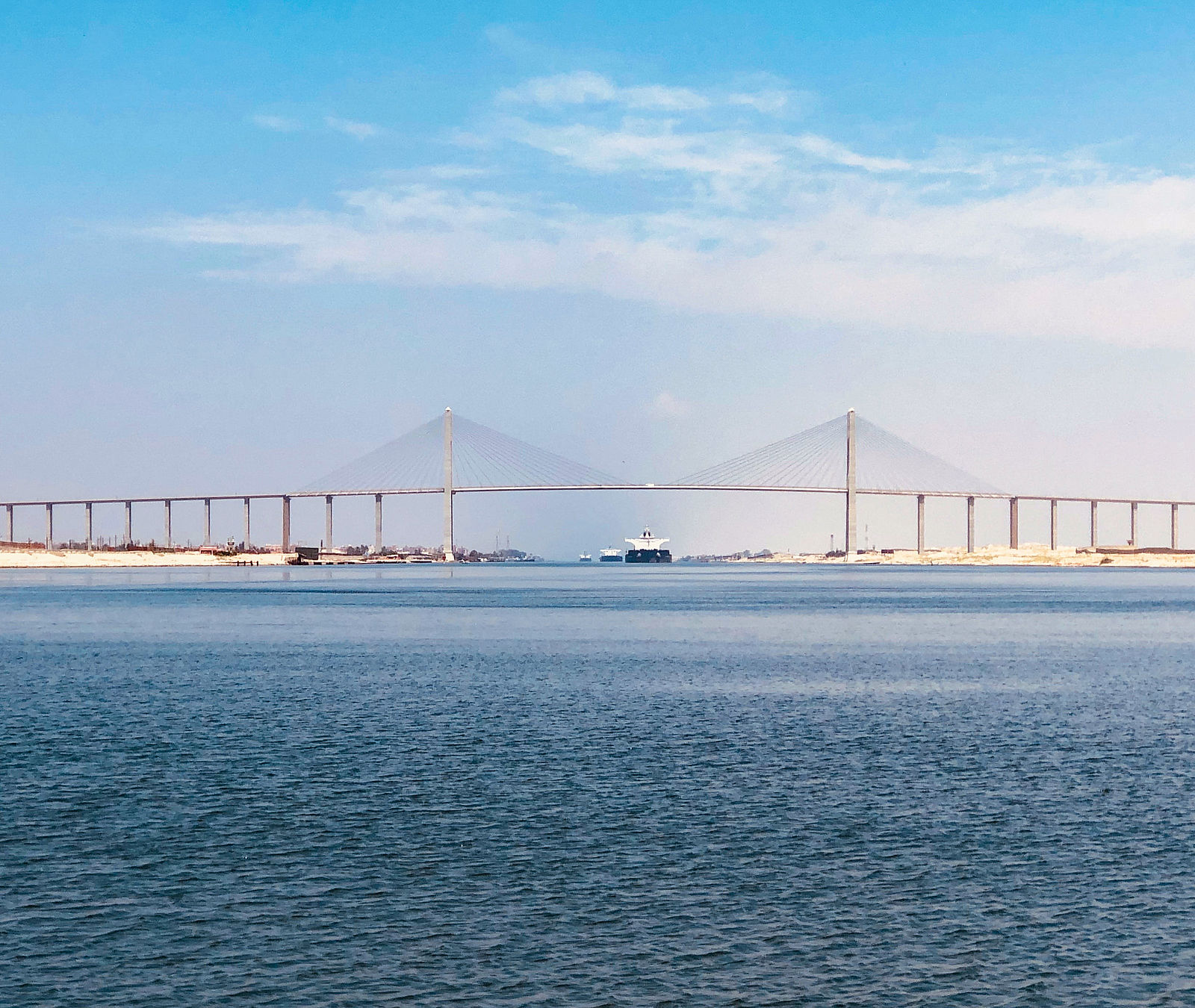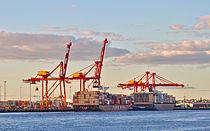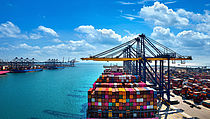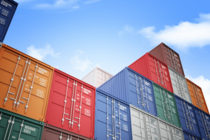Congestion on the Suez Canal: What our customers need to know now
<<< Update from 21.04.2021 >>>
According to supply chain visibility company project44 the 1.9m TEU in capacity held by six-day closure of the Suez Canal from 23rd – 29th of March is set to swap ports that were already at the limits of their capacity following the boom in the container trades from the second half of last year. The largest volumes are set to hit some of the main hubs on the Asia – Europe Trade. According to project44, the backlog could further exacerbate port delays with delays on Shanghai – Rotterdam currently standing at one week.
The previous events
On the afternoon of 29.03.21, after complex extrication manoeuvres by the bidder, the container ship was free in the water again and could be pulled out of the Suez Canal. One by one, the waiting ships passed through the canal. As a result, the deep-sea ports are now experiencing an increased volume of ships in a short time. Significant delays in the arrival and clearance of ships at the port of destination are therefore to be expected. In some cases, cargo will arrive up to three weeks late at its destination.
On April 1st, 2021 the vessel owners declared General Average.
On 23 March 2021, the container ship EVER GIVEN ran aground in the Suez Canal at around 08:00 local time. Since then, it has been stuck immobile and blocking the route in both directions. The ship was coming from the Red Sea and had set course towards the north. Shipping traffic has been closed in both directions since the incident. This is currently causing massive delays on the important waterway. Shipping companies estimate that about 200 ships are already blocked in both directions. About 300 more ships are currently heading for the Suez Canal.
Plans to restore manoeuvrability
Vessel owners, in coordination with Suez Canal authorities, are examining strategies to restore manoeuvrability. On Thursday, up to eight tugs attempted to pull the 400-metre-long vessel into deeper water, but satellite imagery showed only minimal changes in position. Currently, highly specialised companies are examining further measures. The ongoing strong winds are complicating the work.
What we do
The Röhlig team is closely monitoring the situation and is in communication with the affected customers. Although the situation is beyond our control, we would like to apologise to our customers for any inconvenience this may have caused. Your smooth supply chain is very important to us. We are in close contact with the shipping companies and are looking into alternative routes. In connection with the current situation in the Suez Canal, the shipping companies have stopped offering spot rates or non-contracted shipping options with immediate effect. The reason for this is that it is currently impossible to estimate when the situation will be resolved and what impact this will have on future transports on this route.
Alternative transport options
Even in this special situation, our experienced logistics experts are on hand to provide our customers with competent advice. Together with you, we will find a suitable solution for your transports. Our global network and our service offers in the areas of Air Freight, Air Charter and Rail Solution provide numerous options for reliable transports.
Contact your your local Röhlig representative.
We thank you for your understanding and support.
DISCLAIMER - All information is provided in good faith for guidance and reference purposes only. It is of a general informational nature, and Röhlig Logistics GmbH & Co. KG takes no legal responsibility for the accuracy of the information provided via this document. Röhlig Logistics GmbH & Co. KG makes no representation as to the accuracy or completeness of any of the information contained herein and accepts no liability for any loss arising from the use of the information provided.
















